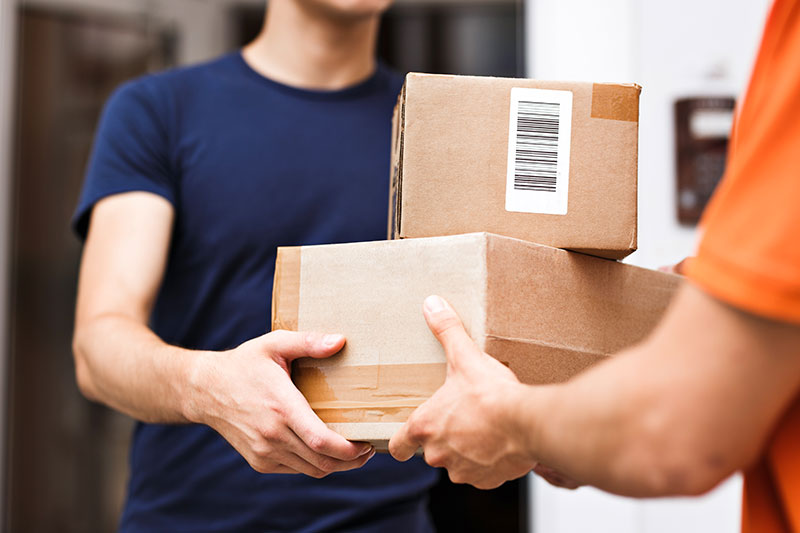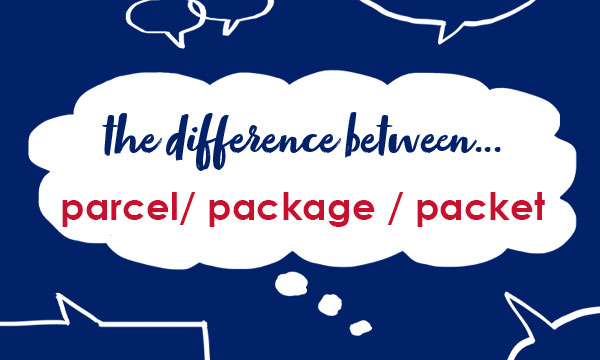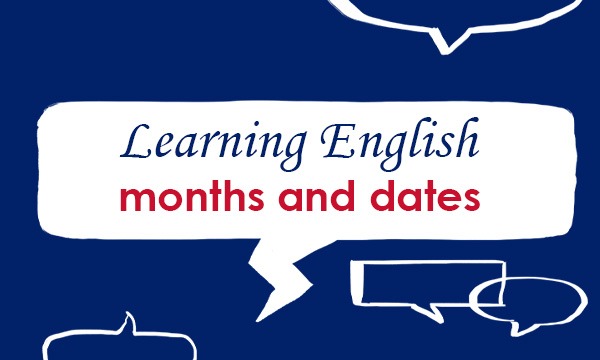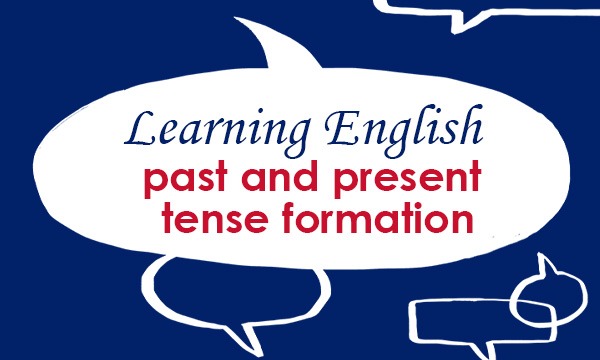This week we are looking at three words which may be confused by learners of English: parcel, package and packet
parcel
package

A parcel or package is an object or group of objects wrapped in paper, that can be carried somewhere or sent by post. The two words have almost exactly the same meaning in British English, but a parcel usually has a more regular shape than a package.
Charities sent parcels of food and clothes to the refugees.
I am taking this package to the post office.
In American English, package is usually used rather than parcel.
packet

In British English, a packet is a small container in which a quantity of something is sold. Packets are either small boxes made of thin cardboard, or bags or envelopes made of paper or plastic.
There was an empty cereal packet on the table.
Cook the pasta according to the instructions on the packet.
In American English, a container like this is usually called a package or a pack.
A packet of or a package of something can refer either to the container and its contents, or to the contents only.
The shelf was stacked with packages of rice and dried peas.
He ate a whole packet of biscuits.
Find out more in our English Usage article.
This blogpost is based on Collins COBUILD English Usage, written for learners of English. For more examples of English usage points, please visit: https://grammar.collinsdictionary.com/english-usage.
All opinions expressed on this blog are those of the individual writers, and do not necessarily reflect the opinions or policies of Collins, or its parent company, HarperCollins.



